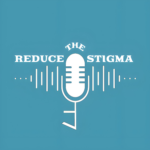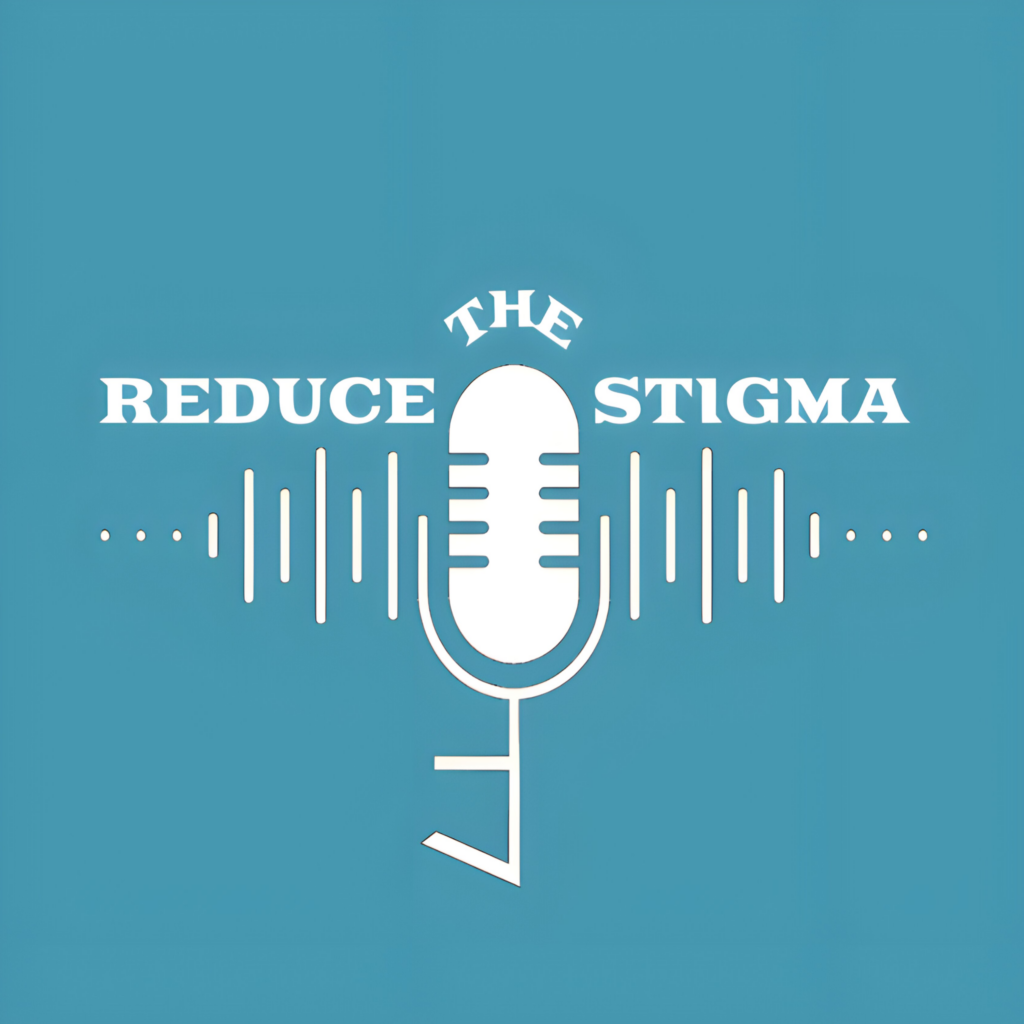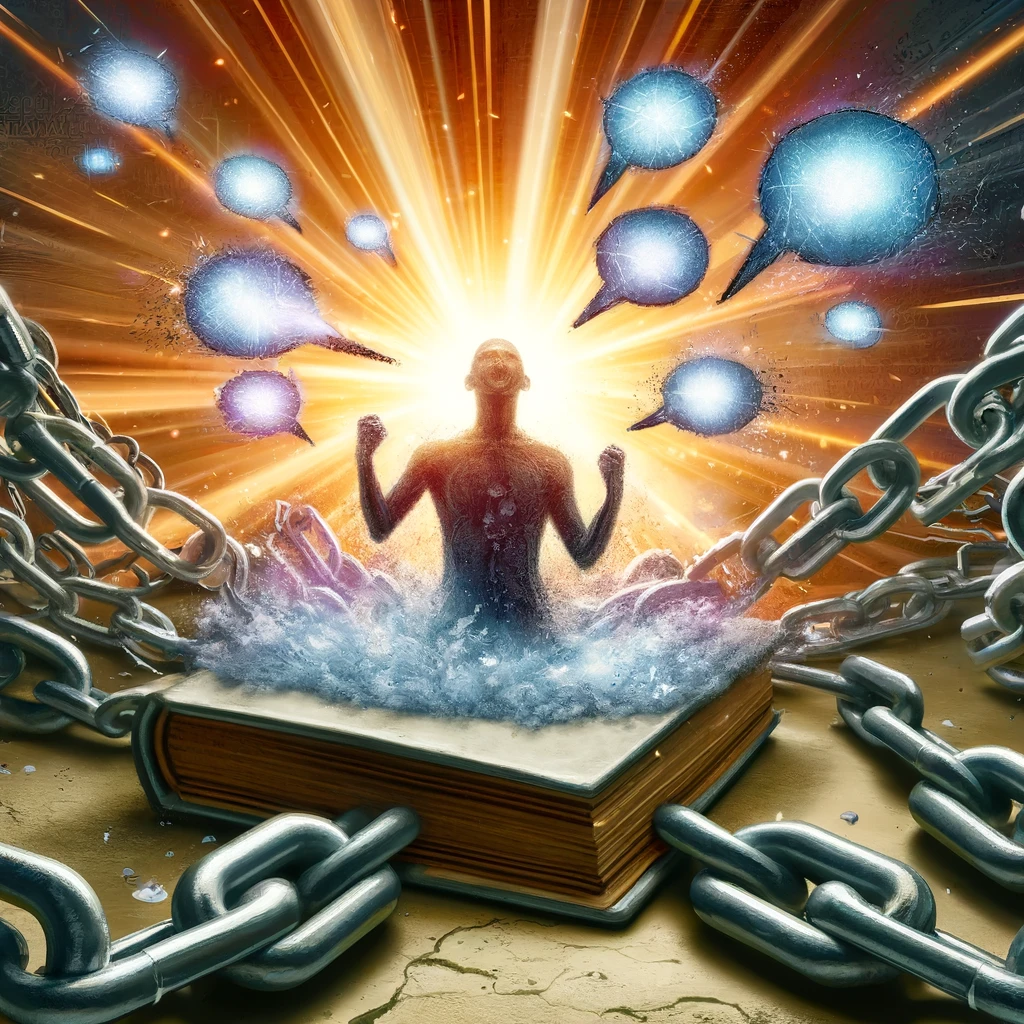The American Psychological Association defines stigma as “The negative social attitude attached to a characteristic of an individual that may be regarded as a mental, physical, or social deficiency. A stigma implies social disapproval and can lead unfairly to discrimination against and exclusion of the individual.”
The “negative social attitude” – what happens when we have that mindset? Are we being nonjudgmental? Are we hearing the person’s truth without our own opinion chiming in? No, we’re making assumptions and putting the person into a category, a column. We lose the individual and instead see the negatives we have been taught to associate with some component of that person.
And what is that component? It’s what we perceive as a “mental, physical, or social deficiency” – there’s something about them that isn’t good enough. Something about them that we are saying makes them less than, that they deserve less. For some it’s their race or ethnicity, For others, it’s a criminal record. In this article, we’ll focus on mental health and/or substance use disorders as the component that causes stigma.
Why Does Stigma Exist?
The Brain’s Classification System
One of our brain’s greatest survival skills is its ability to quickly assess a potential threat. Our brain would quickly assess the data available and make connections based on previous experiences and knowledge passed along, allowing the quick categorization of the data. While this is still a beneficial ability of our brains today, it’s impacted by the negative stereotypes, assumptions, discrimination, and outright lies that have filled our world. In other words, our brains are making these quick decisions and categorization using inaccurate, biased data. When we see a person, then, our brain is seeking things we can “connect” to our existing knowledge and quickly categorize them. We aren’t seeing the person, we’re seeing traits or characteristics that our brain then assigns a good or bad label to. We’ve lost view of who the truly is.
Fear
Another cause for stigma is a desire to keep something perceived as “bad” far away from us and those we love. Subconsciously we want to put distance between us and the “bad.” What better way to do that then to connect the “bad” to a component the person has? If they have that component and you don’t, then the “bad” is far from you, far from those you love. If I associate addiction with moral failing, then I can live without the fear that addiction will happen to me or someone I love because we would never do that. It’s far more scary and threatening to recognize that addiction can happen to anyone – including the people you love.
How to Break Down Stigma
Help Us Battle Stigma
Make a commitment today to raise up the voices of those with lived experience and hear their stories. Spread awareness of the human behind the mental health or substance use disorder diagnosis. Let’s humanize instead of stigmatize!
Get started today by listening to Reduce The Stigma, a podcast dedicated entirely to raising the voices of individuals with lived experience and the organizations supporting them.
Follow Straight Up Care
How to Watch

Watch on any device on ReduceTheStigma.com

Install and Watch all Episodes on Reduce the Stigma RokuTV Channel

Install and Watch all Episodes on Reduce the Stigma Amazon Fire TV Channel
How to Listen

Our Podcast Website on Podops!
Listen on Apple Podcasts!

Listen on Spotify!

Listen on iHeart Radio!

Listen on YouTube Podcasts!
